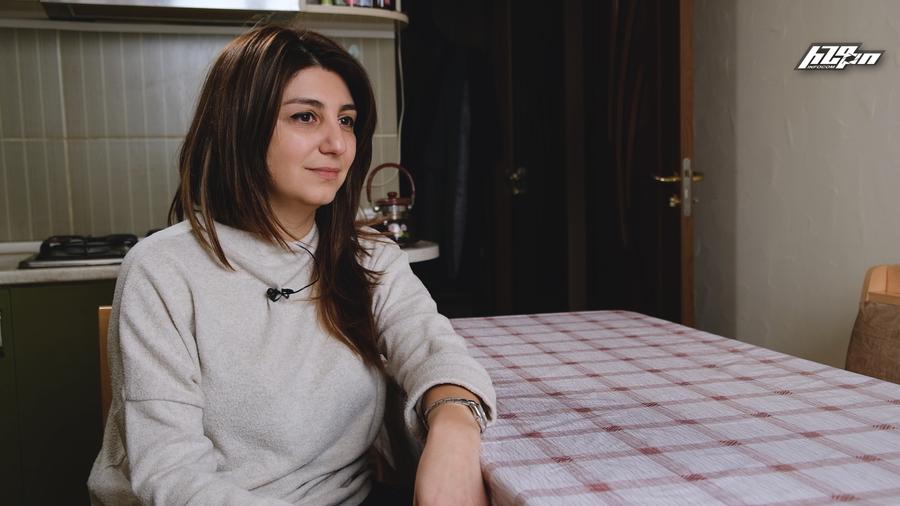
I wake up every day with the thought that they might open the road today, I never put the phone down
- How are you, Mary?
- Fine, how are you?
- Fine, What's up? Do you have Internet?
- Yes, we are.
- Do you have gas?
- Gas, yes! Gas too?
- Don't you have cold?
- No, we have a stove.
- Yes, it's good.
- Where are you?
- We are with Ruzan.
- What are you talking alone? Is something wrong?
Tatev called his friend Mary from Yerevan, who lives in Taghavard, Martuni region, perhaps the closest village to the Azerbaijanis. Mary does not complain, she says that the situation is calm, "there is no shooting, nothing". There are short pauses between Tatev and Mary's questions and answers, it is a calm conversation, to which Ruzan joins, who could not return home to Stepanakert because of the closure of the only road connecting Artsakh to Armenia, and is temporarily staying at Tatev's place. Tatev is also from Artsakh, temporarily living in Yerevan for studying.
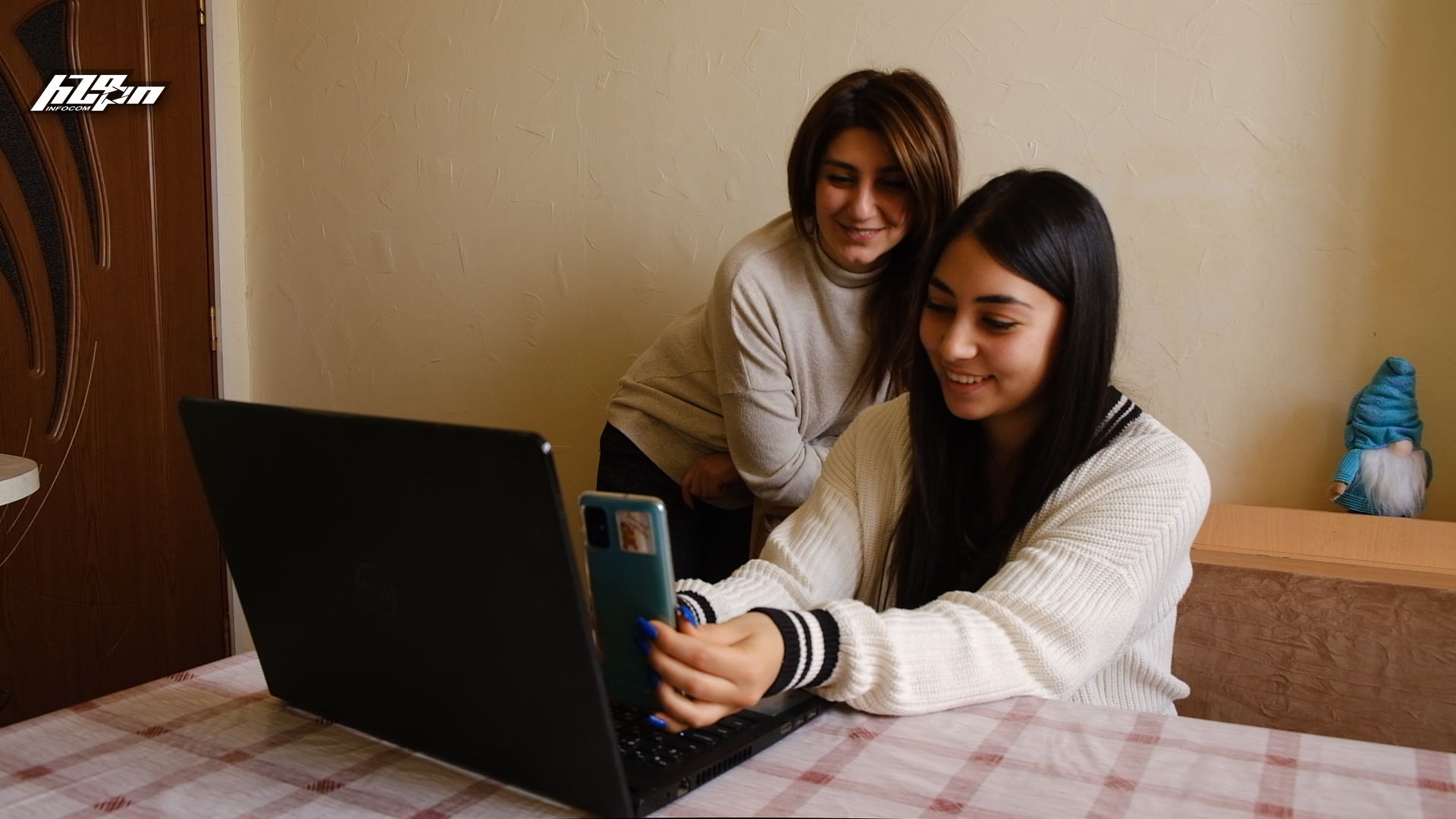
"What's up, Mary?" Ruzan asks.
- Not much.
- Is it calm in Taghavard?
- Yes, it's quiet, what's up on your side, what are you doing?
- No idea. We're going to protests, coming back...We don't get what's happening. We're waiting every second.
Ruzan came to Yerevan on December 9 with business issues, she was supposed to return to Stepanakert on Sunday, but the road was closed.
"To be honest, I thought it would take two or three hours to close, I didn't really take it seriously, I didn't take it seriously from the way they looked, but after four or five hours passed, I already told my friends that no, they won't open it now, it will definitely last a long time. But now I wake up every day with the thought that they might open today, every hour, every minute, I don't put the phone down, I'm constantly looking, I'm waiting," says Ruzan.
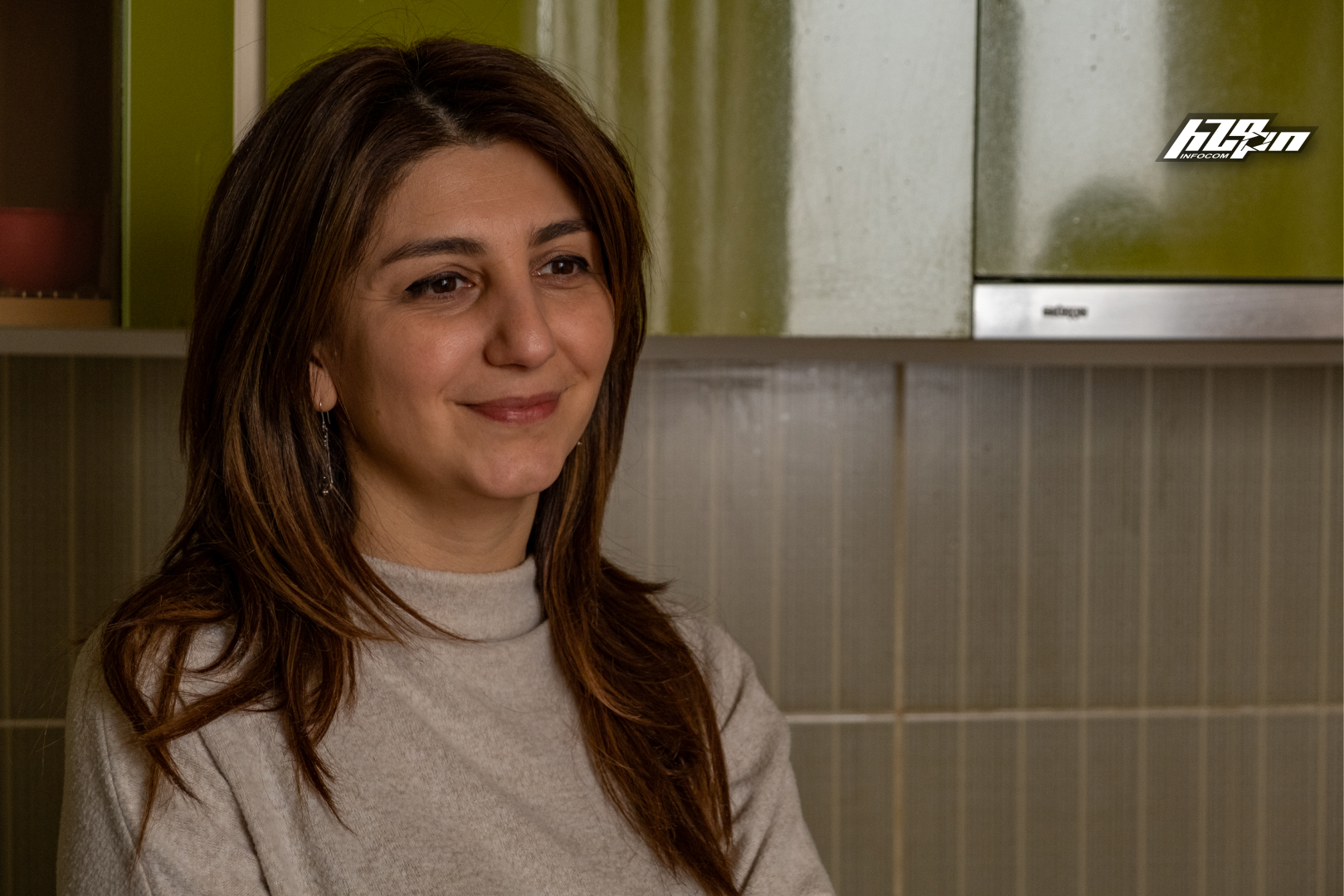
Ruzan Hovhannisyan
His 15-year-old daughter, parents, sister, and brother stayed in Stepanakert, during the blockade.
"By the way," says Ruzan, "my daughter is very strong." She called me, I said, "What's up, what are you doing?" She said, "I'm taking photos in the city," and she sent the photos to me. She attends Tumo, and soon will go to class again on Monday, she is getting ready for the exam," Ruzan tells about her daughter's daily life in Stepanakert and says that she has a Russian education, but especially after the war she is very interested in national music and literature and told her mother to take books with her when leaving Yerevan.
"They are trying to give me hope, they say it's normal, we are strong, we do this, we do that, we bake a cake, etc., but I don't know. again... Today, my sister already said, "I can't do anything, I don't want to do anything at home." But that general spirit is not for losing, I'm sure, my acquaintances, my close relatives are not like that, they always think that we should live there, my parents think if they leave our house, where should they go? I don't know. Even my daughter, who before the war of 2020 was saying, "What is the future here?", after the war says "I don't want to go anywhere from here."
I don't interrupt Ruzan with questions, she calmly continues. "Actually, it is the dream of all of us to be a part of Armenia. I am speaking on behalf of myself, my relatives, and my friends. I don't know, no, it's very difficult. It's true, if I was there, it would be easier for me. This has become a pattern for me, let's say the war started on September 27, I was here, it started on September 13, I was here, it's true, I went back every time on the same day, but this time I couldn't. I say, isn't there a way to get there, even on foot... For me, this is the worst, that I can't go to my family."
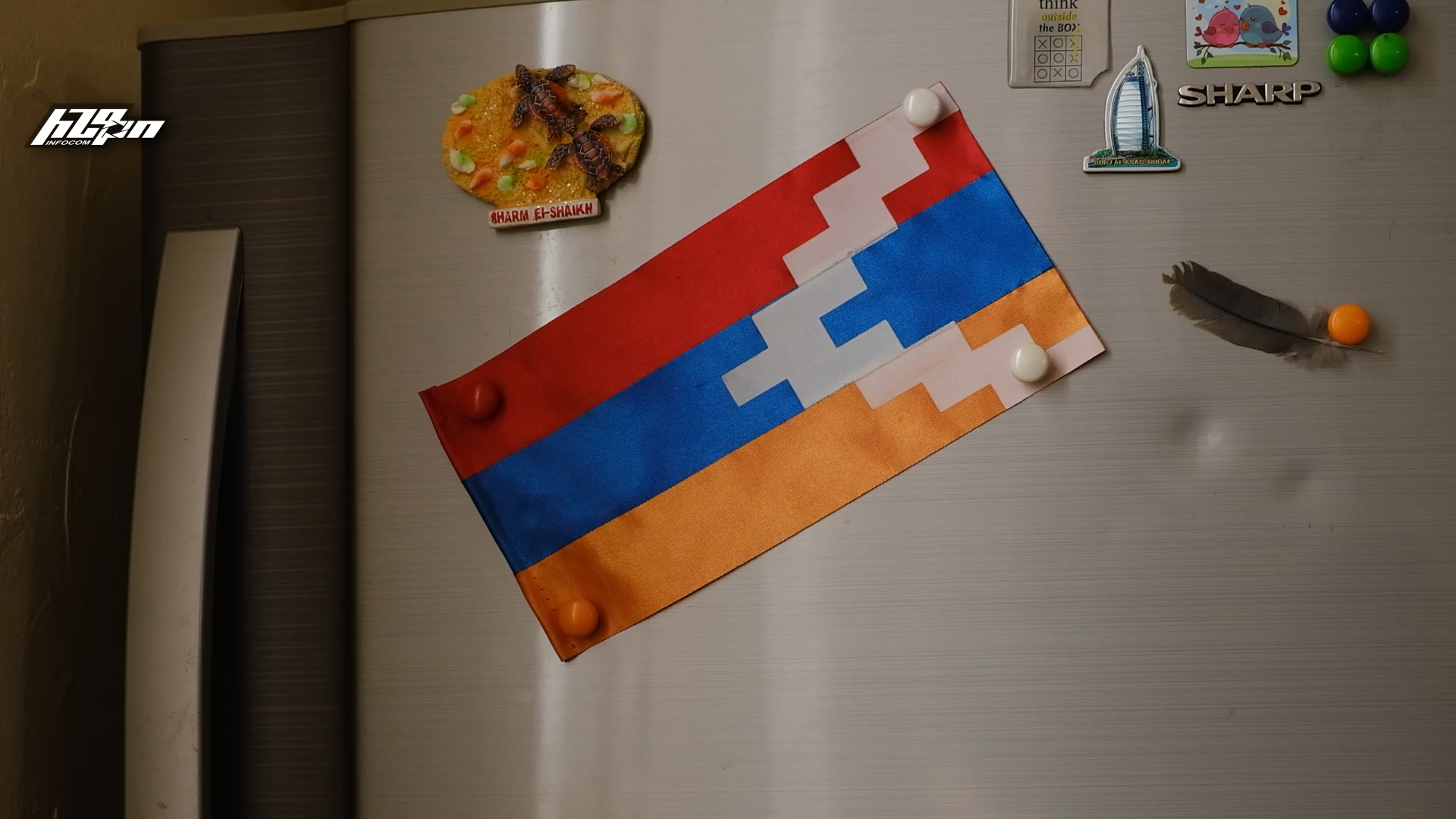
The appeals of international structures and countries do not bother Ruzan either, he says: "I don't care, I completely don't care. I want my Artsakh to live calmly, to live normally", and here her voice begins to tremble.
"I want my child to live there normally, to grow up there, to study there, so that, I don't know, he won't see what I saw in my childhood. In other words, he already saw, that was the fear of my whole life. In the nineties, I was the same age as he is now, a little younger. But all my life, that fear was hidden in me that suddenly my child would see that. Now I don't know who will be there, whether it will be Russian or some international structure, but that question of borderline ... It seems to me that the coexistence of Turks and Armenians in the next hundred years is impossible because those wounds are so fresh, they are so strong that... I lost a lot of friends, even in the nineties, a child of my age, with whom I played every day in the yard, died in front of my eyes from that bombing. How can I forget that? I haven't forgotten it to this day. It's fresher now...”
Ruzan is worried about the reports spread by the Azerbaijani side that the Armenian side opened fire in the direction of their positions. He says that it has been twenty, or thirty years, since such information has been circulating, so they are going to shoot. "But there's one thing, you still try to put it out [of your mind] and always think that it can be good in any case, is there still light at the end, at the end of the tunnel?" she asks himself.
Tatev, who is studying psychology, met Ruzan while volunteering in moral and psychological camps organized by the latter for the children of war-affected families in Artsakh. He says that when Ruzan comes to Yerevan from Artsakh, they always meet, they have become so close. This time they knew that he was in Yerevan, and when they found out about the road closure, they immediately contacted him.
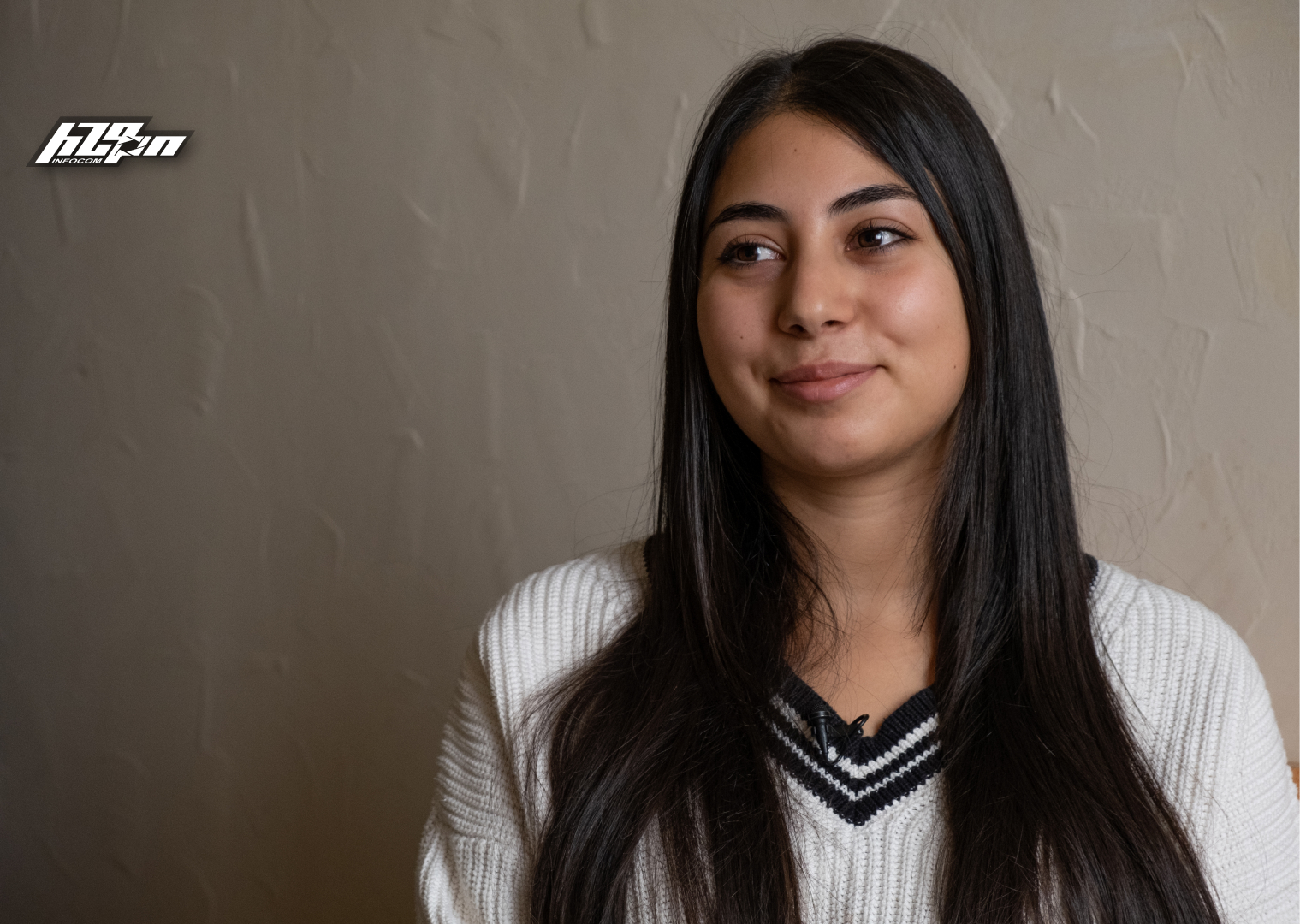
Tatev Hakobyan
Tatev lives in Yerevan because for her studies, and almost all her relatives live in Stepanakert, blocked. Very often it is not possible to get in touch with them, cause there are Internet failures.
"For a moment we thought: that's it, they won't let us go, we'll be alone, but it's better to be there, with them, without them our life will have no meaning, I won't be able to live when I lose my relatives." When I heard [about the road closure], I thought life was over... As soon as the road opens, I will definitely go to Artsakh on the first day. It's very difficult that you can't imagine what they are in, and that you are far away, you feel a little bad that you can't help them with anything. We can't say encouraging words, because our eyes are filled with tears, we talk very little, and we ask, "How are you, are you okay, aren't you cold?"
Tatev hopes that such provocations of the enemy will disappear soon, and the situation will improve, although she says, everyone knew that such things could happen. "Because Azerbaijanis are such a nation that they constantly try to subject us to provocations. We were not surprised at all. But we are always standing still, always united."
Today, a careless fog hung over Yerevan. Ruzan is worried: "I take the child with me to the demonstration, they get cold." She and Tatev accompany us with their looks until the elevator doors close. It's been six days, and after "Good luck, stay well", they add "May the road open soon".

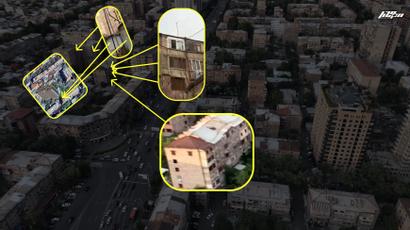
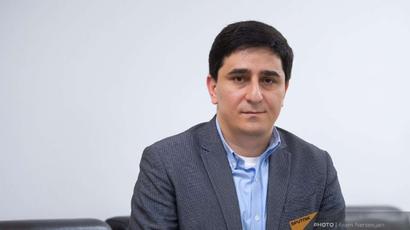
!["The fact of Artsakh not being part of Azerbaijan is of greater importance than concerns about food." [Blockade from the inside]](https://cdn.infocom.am/enlarge?file=2023-08-04-3e113b85-6b81-4589-b241-11323a00de2b.jpg&type=jpeg&width=410&height=230)
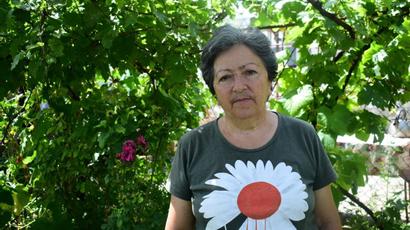

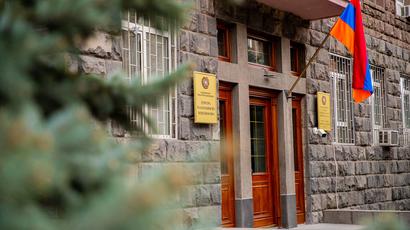
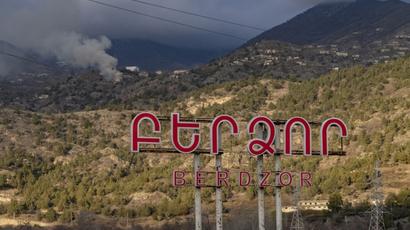
comment.count (0)